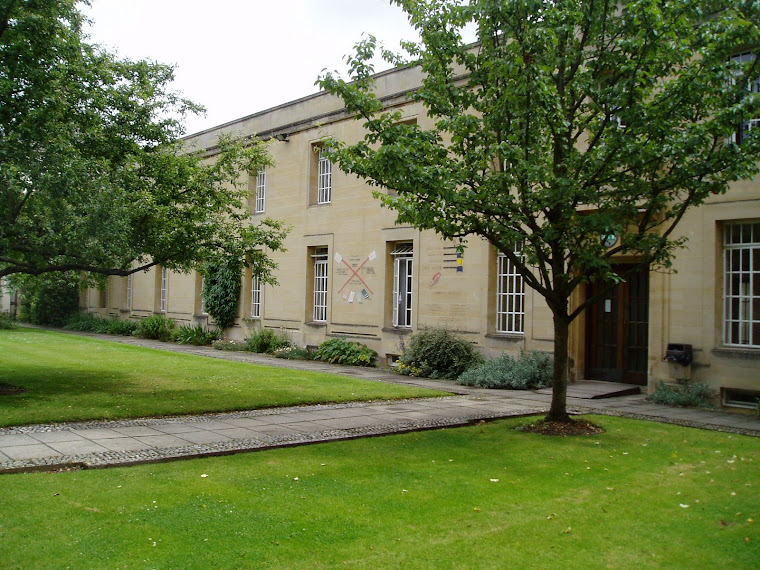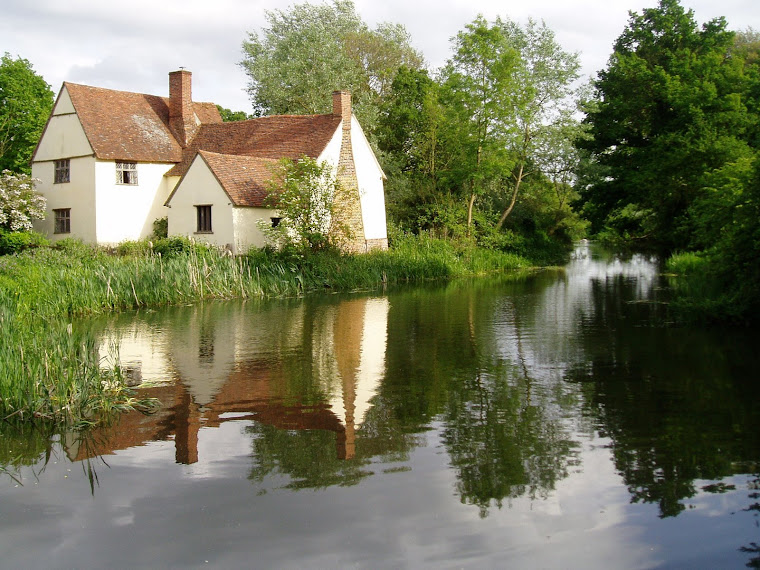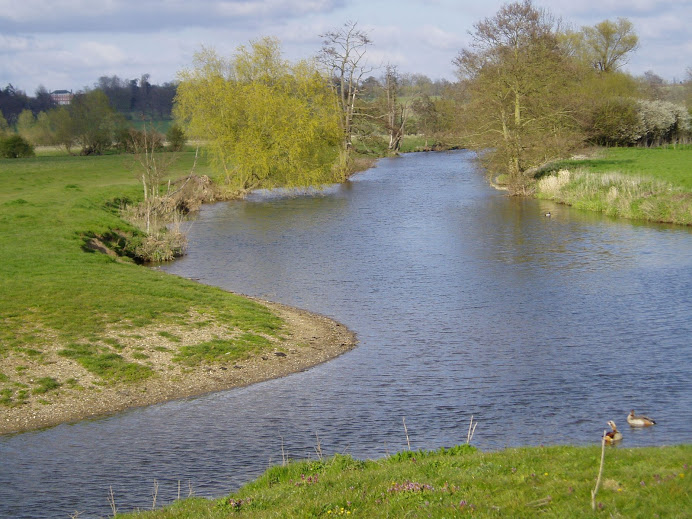I would fit into this manifestation of Charismatic theology, as I have come out of a very reformed theological Baptist tradition that was outside of the Baptist Union (which Spurgeon rejected and resigned from) and was influenced by Dr Lloyd-Jones' Westminster Fellowship of Preachers. This theological tradition held the Puritans in very high regard and esteemed the theology of Charles Haddon Spurgeon. His sermons and books were recommended reading. My pastor gave me a copy of Calvin's Institutes of Christian Religion to read, as required reading for a theological student. (The Anglican parish priest and vicar had lent me a copy of Honest to God).
I love the Puritans, their fellow travellers and successors. I really enjoy reading and re-reading the works of Thomas Brooks, John Flavel, John Owen and John Bunyan. I am grateful to the Banner of Truth Trust,who published Puritan paperbacks, for making these works available and at very reasonable prices. I benefited from their discounts and offers when I was an undergraduate theological student in the late 1960s and early 1970s. I treasure these books. I am fascinated by the ministry of John "Roaring" Rogers. It is sad that the Puritan movement produced killjoys, fanatical bigots and some really unpleasant individuals like Matthew Hopkins, self styled Witchfinder General and his close collaborator John "Bully Boy" Stearne, both from Manningtree, who were responsible for the torture of well over 200 people, mainly women, and the hanging of about 100 folk said to be guilty of witchcraft. Then there was the iconoclast and vandal William "Smasher" Dowsing, from nearby Stratford St Mary, who destroyed beautiful stained glass windows and what he perceived was idolatry. Dowsing was a bibliophile who acquired a fine library of Puritan literature. (John F. White puts in a good word for him in an essay in Theology Today, 1961.)
It was during the 1960s that I came to see that the spiritual gifts and charismata mentioned in the New Testament, particularly in the Acts of Apostles and 1 Corinthians, were available and being used in the church.
I believe that the Holy Spirit was guiding the Church, the body of Christ and the fellowship of believing Christians into charismatic experience. The Spirit of God was touching lives profoundly and enabling Christians to know God on a more intimate level and to see His love and power at work in the operation of these spiritual gifts. People were healed. Demons were cast out. Christians spoke in tongues and prophesied. Miracles happened. In certain places The Spirit of God manifested Himself in remarkable ways. Wonders were performed by Him to the edification of the saints and to the glory of the Lord Jesus Christ.
Some doubted, especially after some reflection. It did not fit into their theological framework and religious tradition. There were people who felt it would bring spiritual anarchy. There was a fear of unknown and uncharted territory. They allowed that fear and uncertainty to inhibit and limit their spiritual progress.
In some fellowships of a Calvinistic and Reformed tradition, there is an unhealthy lethargy with regard to evangelism and community service. The church members seem to have very little concern for the lost and the needs of the community. They wish to remain at ease in Zion and guardians of a very dated way of worshipping God. They take pride in their antique and old fashioned ways of communication, thinking that the Authorized Version still sounds right to the 21st century ear. Sermons can have a 19th century flavour and Spurgeonic resonance complete with pomposity, verbosity and Victorian world view.
There are theologians and Christian church leaders who consider that the charismatic Christians have produced nothing significant in theology and Christian literature, and that charismatic theology has not really contributed to our understanding of the doctrine of God. I would argue against this view and would contend strongly that charismatic theology has given the Christian church and faith community a much more dynamic and personal understanding of the Holy Spirit. He was forgotten and neglected in much Christian living, devotion, evangelism and theology. He was almost relegated to the third level and lower level of the Godhead. This may not have been expressed explicitly but it was the reality in some areas of the Christian church; they had little or no experience of His work, ministry, power, gifts, conviction, counsel and guidance in their everyday lives. It seemed to me that those effective in evangelism, worship, prayer and in seeing mighty works were blessed by an encounter with the Holy Spirit of God.
Some would argue that when the Holy Spirit breaks into a new area or in new territory then there are signs, wonders, mighty acts and evidence from reliable witnesses that the same New Testament Holy Spirit ministry occurs. It is anecdotal evidence but there is a clear testimony to the wonder working ministry of the Holy Spirit of God. There is further evidence in changed lives and conversions. Miracles and mighty acts of God have been proclaimed, but some will always doubt in the face of the facts.
The key question is: does God the Holy Spirit still work powerfully and wonderfully in the Church today, among God's people, in mission and in the world in the 21st century? I believe He does, and Jesus is glorified, praised and worshipped. People are convicted of their sin, converted to Christ and counselled in the way of truth in Christ Jesus. Praise God.
Thomas Brooks' "Heaven on Earth" is now available by pdf on the link below:
http://www.preachtheword.com/bookstore/heaven-on-earth.pdf


























































































































































